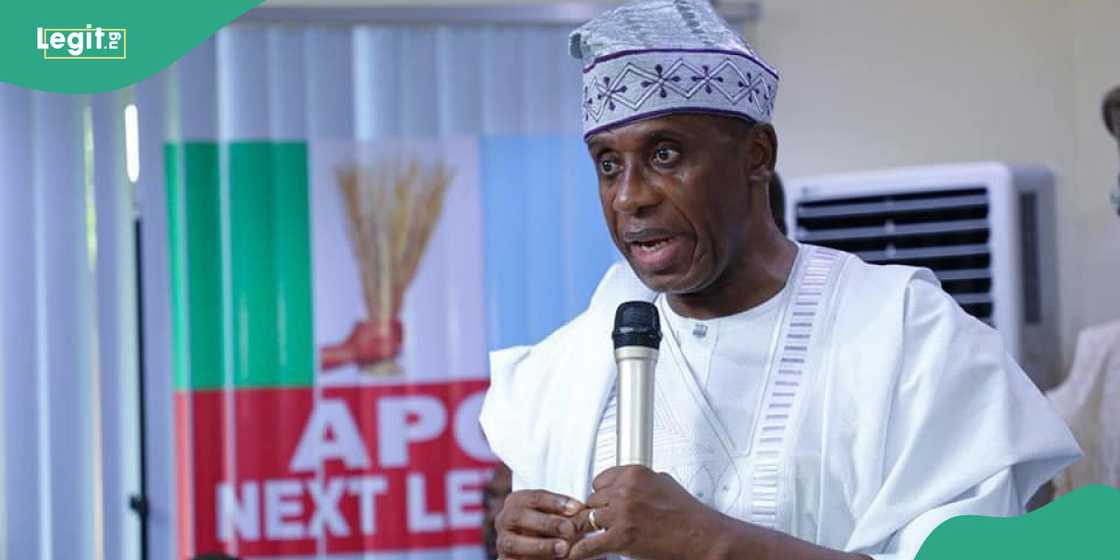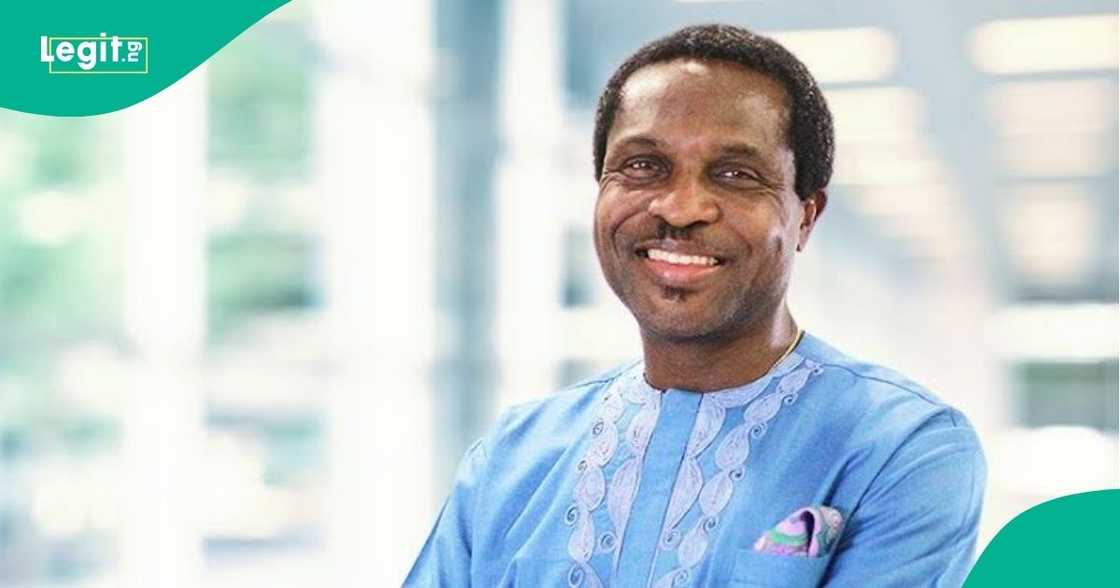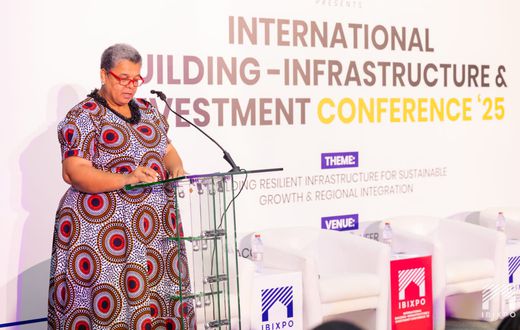Tonye Patrick Cole, known for his two bids as the All Progressives Congress (APC) gubernatorial candidate in Rivers State, has openly declared himself the de facto leader of the party in the state. This development comes amid a period of significant political transition for the APC in Rivers, following the departure of influential figures and ongoing leadership debates.
Cole’s assertion stems from the recent exit of former governor and Minister of Transportation, Rotimi Amaechi, who was previously regarded as the central figurehead for the APC in Rivers. With Amaechi shifting allegiance to the African Democratic Congress (ADC) ahead of the 2027 general elections, the party’s internal dynamics appear to be shifting rapidly.
Amaechi had publicly criticised both the APC and President Bola Ahmed Tinubu’s administration over the increasing socio-economic hardships facing Nigerians, accusing the ruling party of failing to fulfil its promises. Notably, Amaechi also stated that he had expected the APC to expel him, following his request that the party’s communications platform, NOWAHALAZONE, cease inviting him to meetings.
In a recent appearance on Channels Television’s Politics Today, broadcast on Friday, September 12, 2025, Tonye Cole spoke candidly about his new role and the evolving landscape of the Rivers APC. The interview, which quickly gained traction on social media, saw Cole outline his perspective on party leadership and the way forward for APC members in the oil-rich region.
Addressing the direct question of party leadership in Rivers State, Cole reaffirmed his position as the present leader, challenging any ambiguity regarding the party’s hierarchy since Amaechi’s exit.
“The answer to that is technically yes. I’ve run twice under the APC. I’ve been a gubernatorial candidate twice under the APC. So naturally, as we speak today, I am the leader of the APC in Rivers state with the exit of Rotimi Amaechi.”
Rivers APC: Pursuing Stability and Expansion
The Rivers APC leadership, now under Chief Tony Okocha as chairman, has pledged to work with suspended Governor Siminalayi Fubara upon his return to office. Observers say this move signals the party’s intention to foster unity and restore political traction, especially in light of the recent local government elections, in which the APC reportedly secured victories in 20 out of 23 local government areas.
This electoral outcome is being interpreted within the party as a sign of renewed strength and momentum heading into the critical 2027 general elections. Party officials have indicated aggressive plans to broaden membership and incorporate new voices, including prominent politicians such as the Federal Capital Territory Minister, Nyesom Wike, alongside State House of Assembly members and well-established grassroots mobilisers.
The party’s recruitment drive aims to significantly boost its influence and supporter base over the next two years, focusing on building a diverse and formidable coalition that can compete at all levels.

Photo credit: Rotimi Amaechi
Source: Facebook
Changing Political Dynamics: Read More from Rivers APC
Wike: “APC Is Now a Threat in Rivers State”
The shifting allegiances within Rivers State politics have not gone unnoticed by other political heavyweights. In a recent media interaction, Nigeria’s Minister of the Federal Capital Territory (FCT), Nyesom Wike, conceded that the APC is now a significant force in his home state. Wike attributed this surge in relevance to the increasing number of federal appointments and political opportunities being leveraged by the APC within Rivers.
Wike’s remarks, made in the aftermath of the widely followed local government elections, sparked significant reactions from Rivers residents and observers across Nigeria. Many attributed the rise of the APC as a credible opposition to the party’s improved coordination at the grassroots level and its ability to draw in erstwhile rivals and influential personalities. This evolving political reality is mirrored by growing conversations online and in community spaces, as more citizens consider the potential impacts on the 2027 elections and the overall governance structure in Rivers State.
Political analysts from Port Harcourt to Abuja are watching closely as these dynamics unfold, noting the potential for both collaboration and competition. According to Chidi Nwonu, a political analyst based in Port Harcourt, “The departure of established leaders opens the space for new voices and can rejuvenate the party. However, the bigger test will be whether these shifting alliances can deliver results for ordinary citizens who want better governance and economic opportunities.”
The Local and Continental Significance
The leadership changes and party realignments within Rivers APC are not happening in isolation. They reflect broader trends across Nigeria and West Africa, where party loyalty is increasingly fluid, and political strategies are becoming more dynamic in response to public demand for effective leadership and economic relief.
For many locals, the forthcoming months will be crucial as the new Rivers APC leadership works to consolidate its gains, stay unified, and expand its appeal beyond traditional bases. The promise to work with returning Governor Fubara, as well as the inclusion of prominent influencers like Wike, hints at a more pragmatic approach to politics—one where rivalry gives way to coalition-building for the sake of state and regional development.
Globally, the political evolution of a resource-rich state like Rivers always draws attention given its role in Nigeria’s oil and gas industry and its population size. International observers, particularly those invested in Nigerian stability and governance reforms, will be following developments closely as 2027 approaches.
Looking Ahead: What’s at Stake?
As Rivers State gears up for heightened political activity, residents and watchers across Nigeria and Africa will be watching the following:
- Whether the APC’s new leadership structure can hold together and deliver effective opposition or governance.
- How high-profile defections and alliances will play out, especially in the run-up to the general elections.
- The impact on local government administration and opportunities for young politicians, women, and other underrepresented groups.
- How the political environment shapes business, security, and daily life for ordinary citizens in Rivers and beyond.
Ultimately, the emerging narrative is one of transformation and contest—one that will require strong leadership, inclusive strategies, and transparent engagement with the public to realise the promise of a better future for Rivers and its people.
What’s your view on the evolving political situation in Rivers State? Do you think the new APC leadership can make a meaningful difference? Share your thoughts in the comments and stay tuned for more updates!










